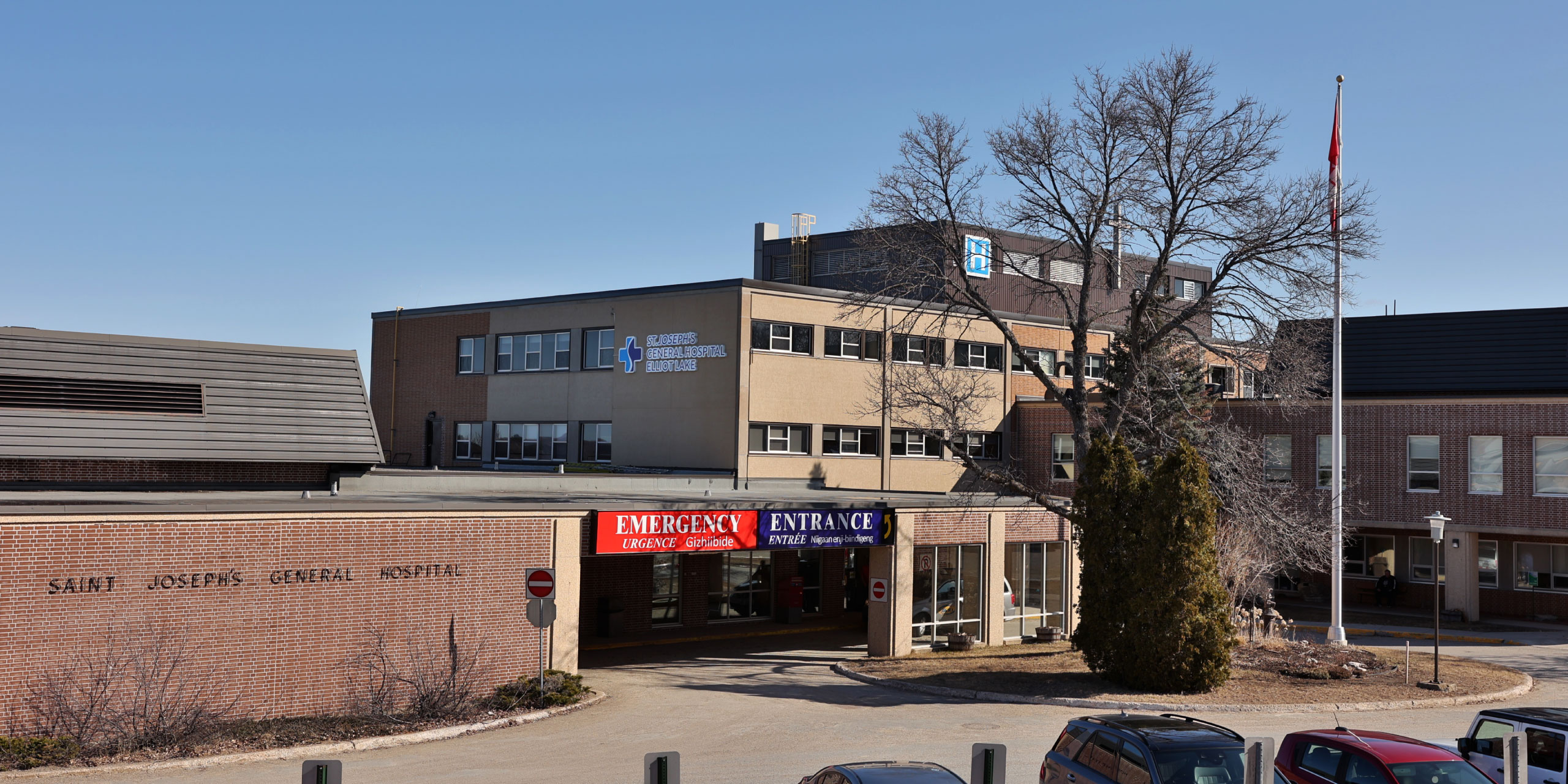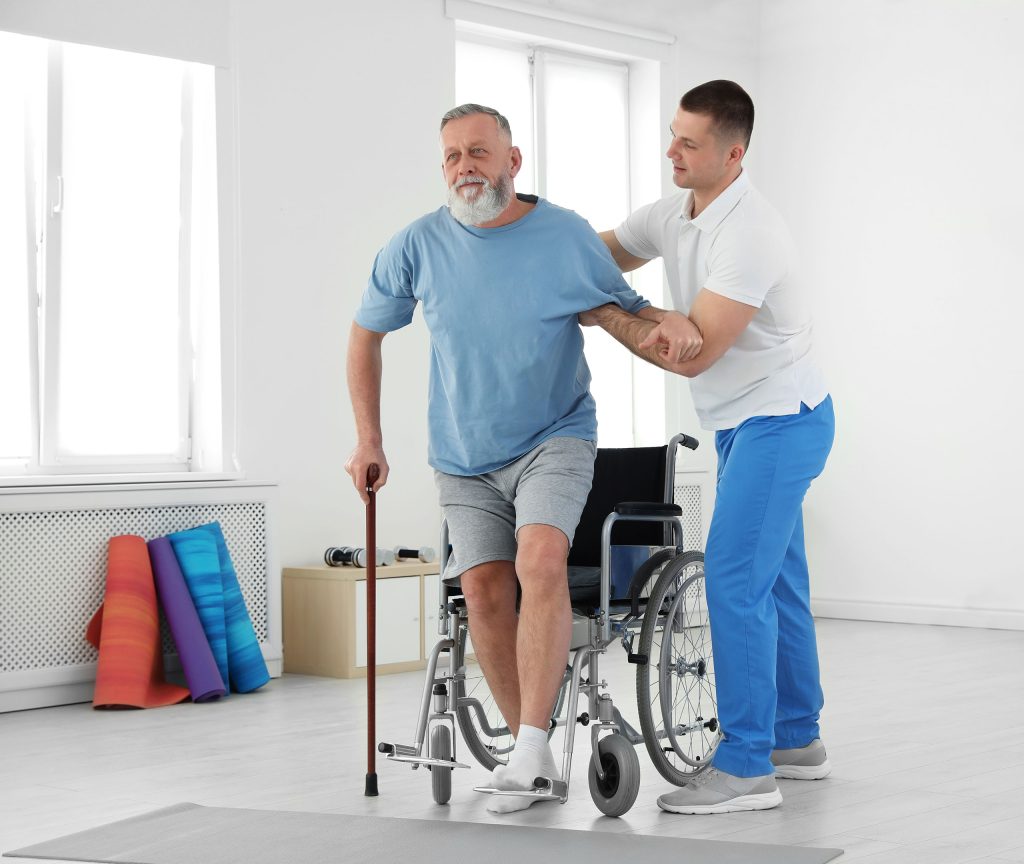
When to Contact Your Doctor
Seek immediate medical attention if you notice any signs or symptoms of a Stroke, even if they seem to come and go or disappear completely. Think "FAST" and do the following:
Ask the person to smile. Does one side of the face droop?
Ask the person to raise both arms. Does one arm drift downward? Or is one arm unable to rise?
Ask the person to repeat a simple phrase. Is his or her speech slurred or strange?
If you observe any of these signs, call 911 or emergency medical help immediately. Call 911 or your local emergency number right away. Don't wait to see if symptoms stop. Every minute counts. The longer a Stroke goes untreated, the greater the potential for brain damage and disability.
If you're with someone you suspect is having a Stroke, watch the person carefully while waiting for emergency assistance.
Causes of a Stroke
The effects of your Stroke depend on the type of stroke that you experience, the part of the brain that was damaged, and the amount of damage that is sustained.
The flow of blood to an area of the brain is stopped by a blockage or clot. The blockage can be caused when a substance called plaque builds up on the inside wall of an artery.
When a weakened or diseased blood vessel ruptures, blood leaks into the brain tissue, and the interrupted blood flow causes damage to your brain. High blood pressure weakens arteries over time and is a major cause of hemorrhagic stroke.
A small clot briefly blocks the flow of blood to an area of the brain. This is sometimes referred to as a mini-stroke or warning stroke. TIA symptoms usually last less than an hour and may only last a few minutes. TIAs are an important warning that a more serious stroke may occur soon. They are a medical emergency – call 911.
Diagnosis of a Stroke
Things will move quickly once you get to the Hospital and your care team tries to determine what type of Stroke you're having. That means you'll have a CT scan or other imaging test soon after arrival. Your Doctor or Primary Care Provider will also need to rule out other possible causes of your symptoms, such as a brain tumor or a drug reaction.
Tests may include:
- a physical exam,
- blood tests,
- computerized tomography (CT) scan,
- magnetic resonance imaging (MRI),
- carotid ultrasound,
- cerebral angiogram,
- echocardiogram.
Risk Factors
Lifestyle Risk Factors
- being overweight or obese,
- physical inactivity,
- heavy or binge drinking,
- use of illegal drugs such as cocaine and methamphetamine.
Medical Risk Factors
- high blood pressure,
- cigarette smoking or second-hand smoke exposure,
- high cholesterol,
- Diabetes,
- obstructive sleep apnea,
- cardiovascular disease, including heart failure, heart defects, heart infection or irregular heart rhythm, such as atrial fibrillation,
- personal or family history of stroke, heart attack or transient ischemic attack,
- COVID-19 infection.
Complications
A Stroke can sometimes cause temporary or permanent disabilities, depending on how long the brain lacks blood flow and which part is affected.
Paralysis or loss of muscle movement
You may become paralyzed on one side of the body, or lose control of certain muscles, such as those on one side of the face or one arm.
Difficulty talking or swallowing
A Stroke might affect control of the muscles in the mouth and throat, making it difficult for you to talk clearly, swallow or eat. You also may have difficulty with language, including speaking or understanding speech, reading, or writing.
Memory loss or thinking difficulties
Many people who have had a Stroke experience some memory loss. Others may have difficulty thinking, reasoning, making judgments and understanding concepts.
Emotional problems
People who have had a Stroke may have more difficulty controlling their emotions, or they may develop depression.
Pain
Pain, numbness or other unusual sensations may occur in the parts of the body affected by Stroke. For example, if a Stroke causes you to lose feeling in the left arm, you may develop an uncomfortable tingling sensation in that arm.
Changes in behaviour and self-care ability
People who have had a Stroke may become more withdrawn. They may need help with grooming and daily chores.
Prevention
Knowing your Stroke risk factors, following your Doctor or Primary Healthcare Provider’s recommendations, and adopting a healthy lifestyle are the best steps you can take to prevent a Stroke. If you've had a Stroke or a transient ischemic attack (TIA), these measures might help prevent another Stroke.
Many Stroke prevention strategies are the same as strategies to prevent heart disease.
Healthy Lifestyle Recommendations
- controlling high blood pressure (hypertension),
- lowering the amount of cholesterol and saturated fat in your diet,
- quitting tobacco use
- managing Diabetes,
- maintaining a healthy weight,
- eating a diet rich in fruits and vegetables,
- exercising regularly,
- drinking alcohol in moderation, if at all,
- treating obstructive sleep apnea (OSA),
- avoiding illegal drugs.
Preventative Medications
If you've had an Ischemic Stroke or a TIA, your Doctor or Primary Healthcare Provider may recommend medications to help reduce your risk of having another stroke such as anti-platelet drugs or anticoagulants (blood thinners).
Treatment
Emergency treatment depends on whether you're having an Ischemic Stroke or a Stroke that involves bleeding into the brain (hemorrhagic).
Ischemic Stroke
To treat an ischemic stroke, doctors must quickly restore blood flow to the brain, and this may be accomplished with treatments and interventions such as emergency IV medication and or emergency endovascular procedures.
To decrease your risk of having another stroke or TIA, your Doctor or Primary Healthcare Provider may recommend a procedure to open an artery that's narrowed by plaque.
Hemorrhagic Stroke
Emergency treatment focuses on controlling the bleeding and reducing pressure in the brain caused by the excess fluid.
Stroke Recovery and Rehabilitation
After emergency treatment, you'll be closely monitored for at least a day. After that, medical care focuses on helping you recover as much function as possible and return to independent living. The impact of the Stroke depends on the area of the brain involved and the amount of tissue damaged.
If the Stroke affected the right side of the brain, your movement and sensation on the left side of the body may be affected. If the Stroke damaged the brain tissue on the left side of the brain, your movement and sensation on the right side of the body may be affected. Brain damage to the left side of the brain may cause speech and language disorders.
Most Stroke survivors participate in a rehabilitation program. Your Doctor or Primary Healthcare Provider will recommend the most rigorous therapy program you can handle based on your age, overall health and degree of disability from the Stroke. Rehabilitation will take into consideration your lifestyle, interests and priorities, and the availability of family members or other caregivers.
Rehabilitation may begin before you leave the Hospital. After discharge, you might continue your program in a rehabilitation unit of the same Hospital, another rehabilitation unit or skilled nursing facility, as an outpatient or at home.
Every person’s Stroke recovery is different. Depending on your condition and location, your treatment team may include:
- a Doctor trained in brain conditions (Neurologist),
- a Rehabilitation Doctor (Physiatrist),
- a Rehabilitation Nurse,
- a Dietitian,
- a Physical Therapist,
- an Occupational Therapist,
- a Recreational Therapist,
- a Speech Pathologist,
- a Social Worker or Case Manager,
- a Psychologist or Psychiatrist.
After a Stroke – Coping and Support
A Stroke is a life-changing event that can affect your emotional well-being as much as your physical function. You may sometimes feel helpless, frustrated, depressed and apathetic. You may also have mood changes and a lower sex drive.
Maintaining your self-esteem, connections to others, and interest in the world are essential parts of your recovery. The following strategies may help you and your caregivers.
Don't be hard on yourself: accept that physical and emotional recovery will involve tough work and that it will take time. Aim for a "new normal," and celebrate your progress. Allow time for rest.
Join a support group: meeting with others who are coping with a stroke lets you get out and share experiences, exchange information, and build new friendships.
Let friends and family know what you need: people may want to help, but they may not know what to do. Let them know how they can help, such as by bringing over a meal and staying to eat with you and talk or attending social events or religious activities with you.
Communication Challenges
Problems with speech and language can be especially frustrating. Here are some tips to help you and your caregivers cope with communication challenges.
Practice: try to have a conversation at least once a day. It will help you learn what works best for you. It will also help you feel connected and help rebuild your confidence.
Relax and take your time: talking may be easiest and most enjoyable in a relaxing situation when you're not rushed. Some Stroke survivors find that after dinner is a good time.
Say it your way: when you're recovering from a Stroke, you may need to use fewer words, rely on gestures, or use your tone of voice to communicate.
Use props and communication aids: you may find it helpful to use cue cards showing frequently used words or pictures of close friends and family members, a favourite television show, the bathroom, or other regular wants and needs.


